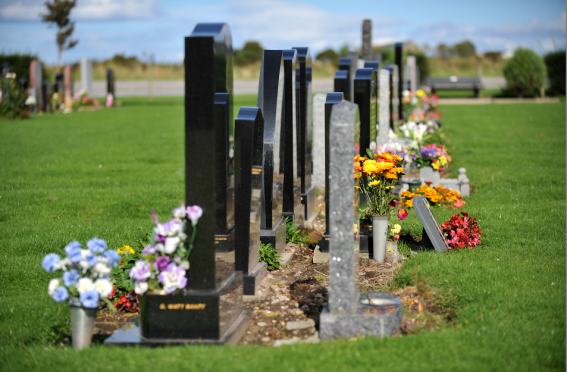A national review has discovered that almost half of all death certificates created at Scotland’s health boards in the last year contained errors.
The first annual report of the Death Certification Review Service revealed that 46.4% of Medical Certificates of Cause of Death, generated across the country, were found to be not in order.
Of those, 89% had minor errors and the remaining 11% had errors so severe they required a replacement certificate.
More than 50% of major errors were caused by the listing of incorrect causes of death, and, in around 35% of cases, it was found the cause of death was too vague.
Last year, a new system to improve how information about deaths was recorded was introduced in Scotland, after changes to the process were recommended in 2005, in the wake of the Harold Shipman scandal.
Dr Shipman became Britain’s most notorious serial killer when he falsified details on death certificates and murdered up to 250 patients between 1971 and 1998.
The Death Certification Review Service was established to ensure the creation of all death certificates was carried out accurately and swiftly.
The senior medical reviewer of the report, Dr George Fernie, said: “During the first year of operation, our focus has been on improving the quality and accuracy of MCCDs.
“This has been done through education, both during one-to-one educationally-focused case review conversations with certifying doctors and education sessions delivered to GP practices, hospices, hospitals and NHS Boards.
“I am proud of the successful implementation of the service and our contribution to safer clinical practice, but acknowledge there have been challenges.”
Religious leaders also hailed the DCRS’s efforts to reduce the time between death and burial.
Ephraim Borowski, director of the Scottish Council of Jewish Communities said: “We shared the concerns of others about the potential of the new death registration system to impose delays.
“But we welcome the steps taken to ensure the new procedures are culturally and religiously sensitive.”
Salah Beltagui, convener of the Muslim Council of Scotland, added: “I am happy that, one year on, the implementation of the new DCRS has been a success.
“I hope the benefits of the new system, with improved accuracy and accumulation of data – for example on the cause of deaths – will be realised and used in the future.”
